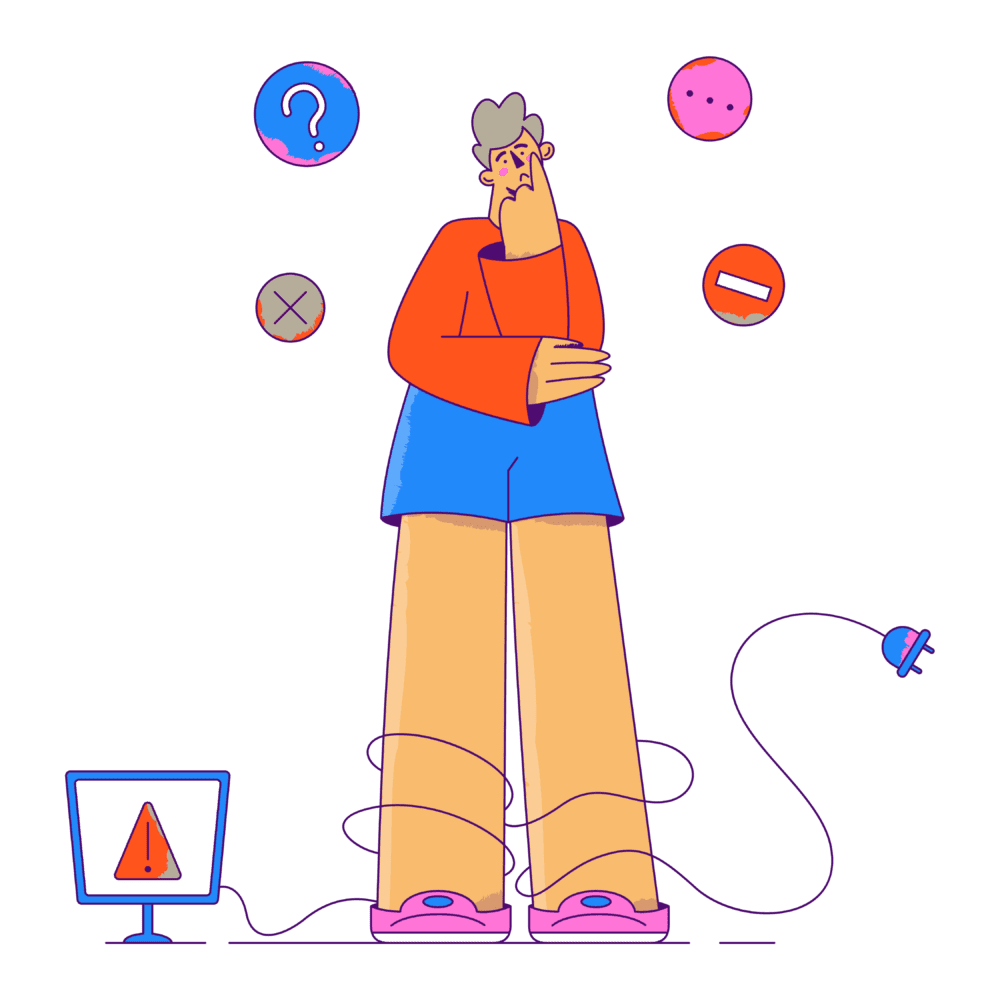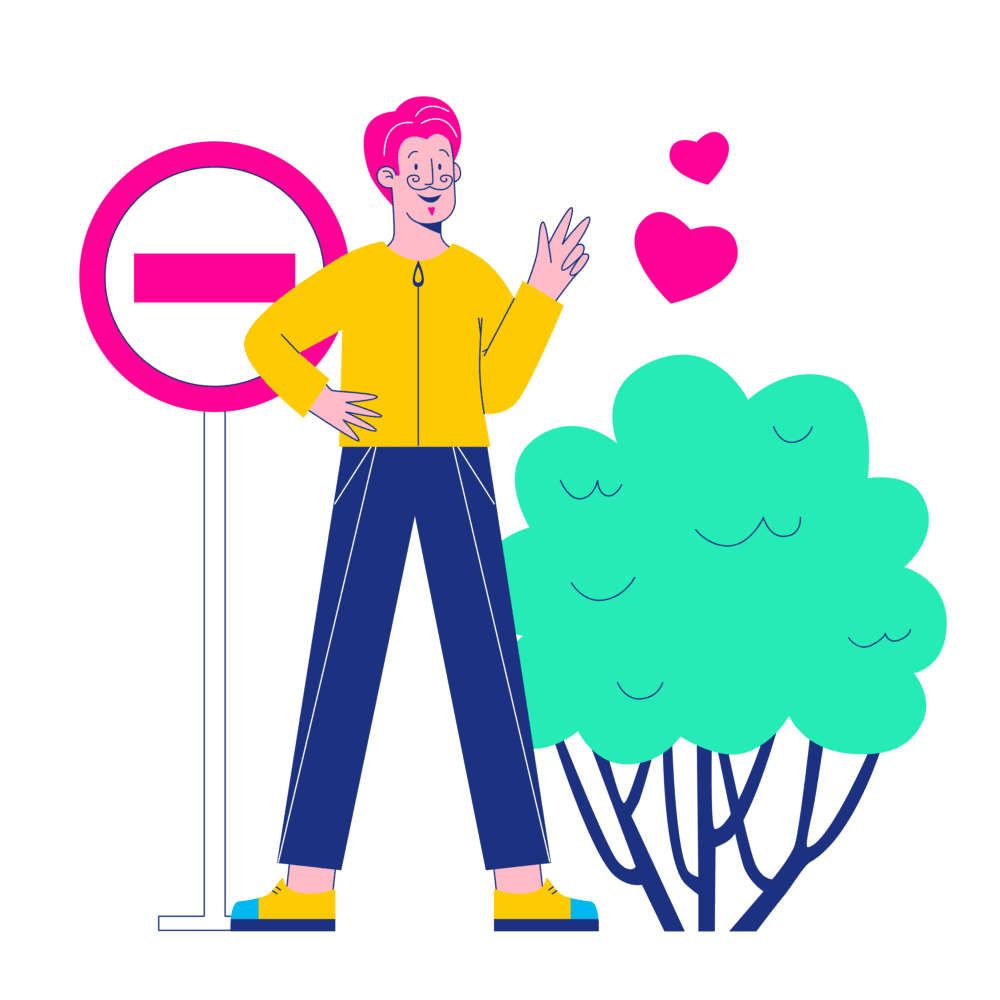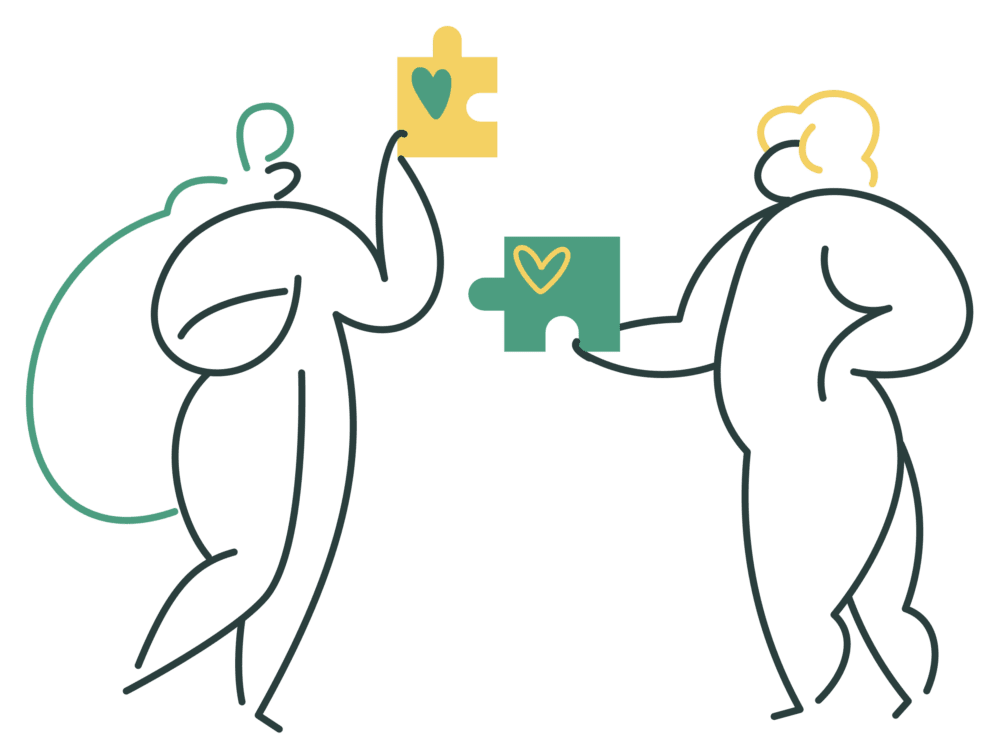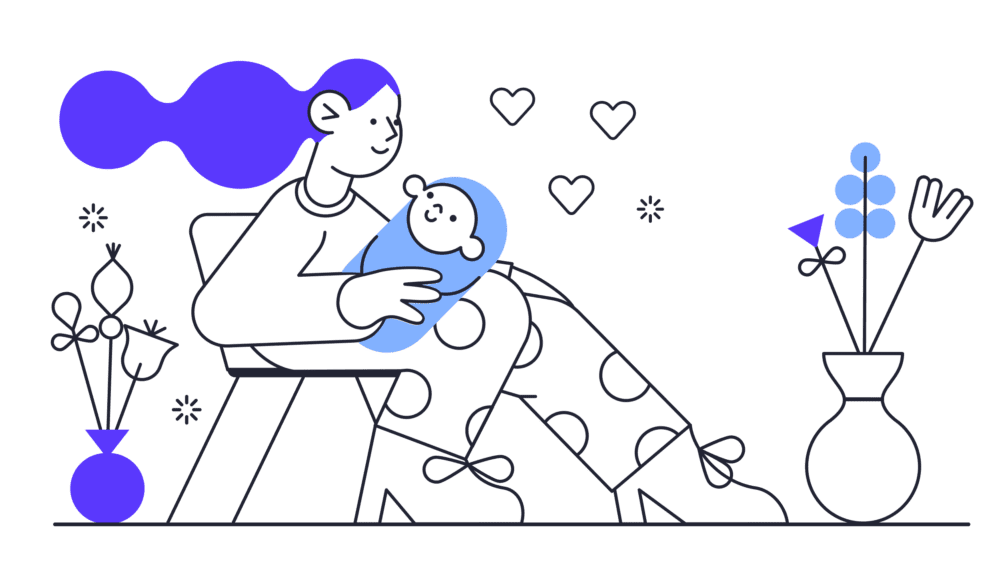People often find themselves on a quest for meaning, seeking purpose and understanding in the complexities of life. The pursuit of meaning is a fundamental aspect of the human experience. It is a journey that many embark upon through various avenues, one of the most profound being therapy. This article explores the significance of the… Continue reading
Articles
Is Prisoner’s Dilemma a valid therapeutic concept?
The Prisoner’s Dilemma is a classic concept in game theory. It is the branch of mathematics and economics that studies interactions and strategic decision-making among rational individuals. Set up In the Prisoner’s Dilemma scenario, two suspects are arrested. The police lack strong evidence to convict them on a major charge. However, they have enough evidence… Continue reading
The Power of Assertiveness in Therapy: Techniques and Applications
Assertiveness is a fundamental tool that empowers individuals to express their needs, feelings, and boundaries effectively. Unlike aggression or passivity, assertiveness strikes a balance between respecting oneself and others. This article delves into its significance in therapy, exploring its applications and techniques that therapists use to facilitate personal growth and enhance interpersonal relationships. Understanding Assertiveness… Continue reading
Understanding Schizoid Personality Disorder Symptoms, Causes, and Treatment
Schizoid Personality Disorder (SPD) is a relatively rare but complex mental health condition that affects an individual’s ability to connect with others emotionally and engage in social relationships. People with SPD often exhibit a distinct pattern of behavior and personality traits that set them apart from the general population. In this article, we will delve… Continue reading
Synchronicity in Therapy: A Profound Connection between Client and Therapist
The relationship between a client and a therapist involves emotions, thoughts, and experiences. Within this dynamic space, something remarkable can occur—synchronicity. Coined by Swiss psychiatrist Carl Jung, synchronicity refers to meaningful coincidences or events that unfold in therapy, creating a profound connection between the client and therapist. In this article, we delve into the synchronicity… Continue reading
The Therapist-Client Relationship: Understanding Therapeutic Relationship and Its Impact on Therapy Outcomes
The therapeutic relationship between a therapist and their client is at the core of effective therapy. Therapists, as trained professionals, approach their clients with empathy, respect, and a non-judgmental attitude. Understanding how therapists perceive their clients and whether these opinions influence therapy outcomes is a complex and intriguing topic that sheds light on the dynamics… Continue reading
Understanding Schizotypal Personality Disorder: Unraveling the Enigma
Schizotypal Personality Disorder (STPD) is a complex and often misunderstood mental health condition that falls within the spectrum of personality disorders. It is characterized by peculiar thoughts, behaviors, and interpersonal difficulties. Individuals with schizotypal personality disorder often struggle to connect with others and may appear eccentric or peculiar in their actions and beliefs. In this… Continue reading
Narcissistic Personality Disorder: Symptoms, Concepts, Quality of Life, and Treatment Options
Narcissistic Personality Disorder (NPD) is a mental health condition characterized by a persistent pattern of grandiosity, a deep need for admiration, and a lack of empathy for others. Individuals with NPD often have an inflated sense of self-importance and a constant desire for excessive attention and admiration. This article explores the symptoms, concepts, and impact… Continue reading
How Long Should Therapy Last?
Therapy is a tool for individuals grappling with various emotional, psychological, and behavioural challenges. There are many schools of therapy. However, as people on their therapy journey, a common question often arises: How long should therapy last? In this article, we explore the factors that influence the duration of therapy and shed light on the… Continue reading
The Strange Situation Experiment: Unraveling the Dynamics of Attachment
The “Strange Situation” experiment is a landmark study conducted by psychologist Mary Ainsworth in the 1960s. This research method has been instrumental in understanding the connection between children and their caregivers, shedding light on the various attachment styles and their implications for later relationships. The Setup The Strange Situation experiment involves observing the behavior of… Continue reading










